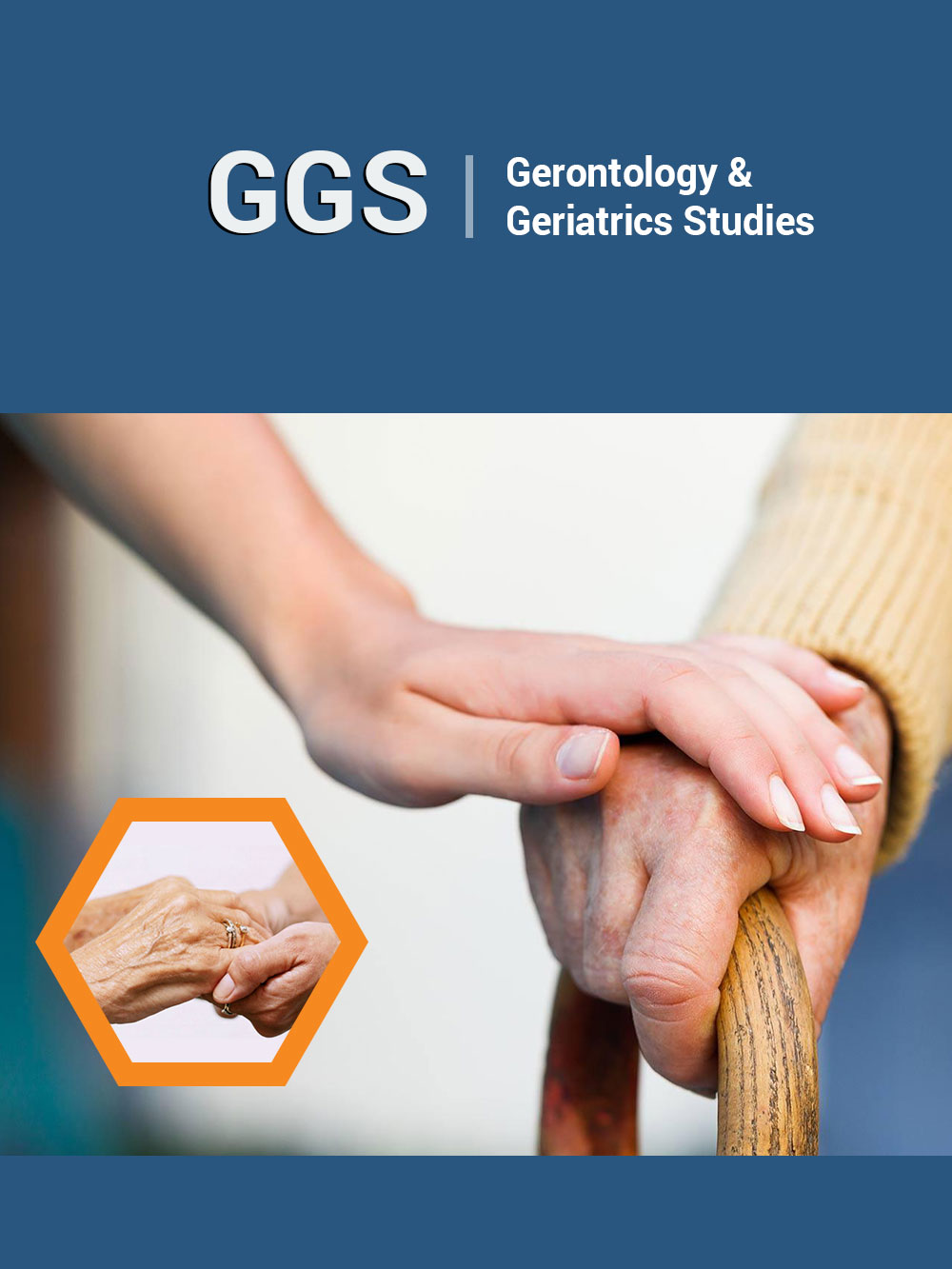- Submissions

Abstract
Gerontology & Geriatrics Studies
Aging Heart: Recent Research and Concepts
-
Open or Close Vinod Nikhra*
Hindu Rao Hospital, India
*Corresponding author:Vinod Nikhra, Senior Chief Medical Officer and Teaching faculty, Hindu Rao Hospital, A public sector thousand-bed multi specialty Hospital, India
Submission: August 23, 2017; Published: September 18, 2017

ISSN: 2578-0093Volume1 Issue1
Abstract
Cardiovascular aging: Age is the most important determinant of cardiovascular (CV) health. There occurs an exponential rise in both the CV risk and the incidence of CV events in older adults parallel with the advancing age. The aging process and its impact, in turn, depend on many factors, from individual genetic constitution to his or her patterns of living which include the environment and lifestyle influencing the risk factors variously.
SPathophysiology of CV aging: Some individuals may age without much deterioration in body organs and systems, whereas others may be ridden with the extreme age-associated changes. Further, the aging process may affect some body systems more severely whereas others are spared from a serious disability. Thus, aging is associated with a progressive but varying decline in numerous physiological functions, and significantly affects the body organs and various systems including the heart and vasculature.
Aging and CV diseases: With advancing age, there is an increase in incidence and prevalence of atherosclerosis, hypertension, coronary artery disease and heart failure; cerebrovascular and peripheral vascular disease. The patho-physiological alterations at macro level include altered ventricular systolic and diastolic functions and diminished cardiac reserve, cardiac hypertrophy, increased arterial stiffness, and impaired endothelial function. Simultaneously, important changes are taking place at micro level; at cellular, sub cellular and molecular levels. The macro- and micro level changes have impact on quality of life, and affect the individual survival.
Retarding CV aging: The age-associated changes in CV structure and function pose the older adults to the increased risk for CV Diseases. The lifestyle interventions to prevent and delay the CV changes that accompany aging will reduce the prevalence of CVDs. But, retarding the rate of progression of CVDs at subclinical level need to be considered before the clinical disease becomes manifest. Some strategies aim to reduce the oxidative stress which exacerbates aging process and leads to debility to human body in general and CVS in particular. The most promising data comes from experimental biology high lightening calorie restriction as a tool for reduction in oxidative stress and increasing longevity.
Keywords: Aging; Aging process cardiac aging; Vascular aging; Cardiovascular disease; Heart failure; Oxidative stress; Lifestyle interventions; Retarding aging; Calorie restriction; CRAN
 a Creative Commons Attribution 4.0 International License. Based on a work at www.crimsonpublishers.com.
Best viewed in
a Creative Commons Attribution 4.0 International License. Based on a work at www.crimsonpublishers.com.
Best viewed in 







.jpg)






























 Editorial Board Registrations
Editorial Board Registrations Submit your Article
Submit your Article Refer a Friend
Refer a Friend Advertise With Us
Advertise With Us
.jpg)






.jpg)














.bmp)
.jpg)
.png)
.jpg)










.jpg)






.png)

.png)



.png)






